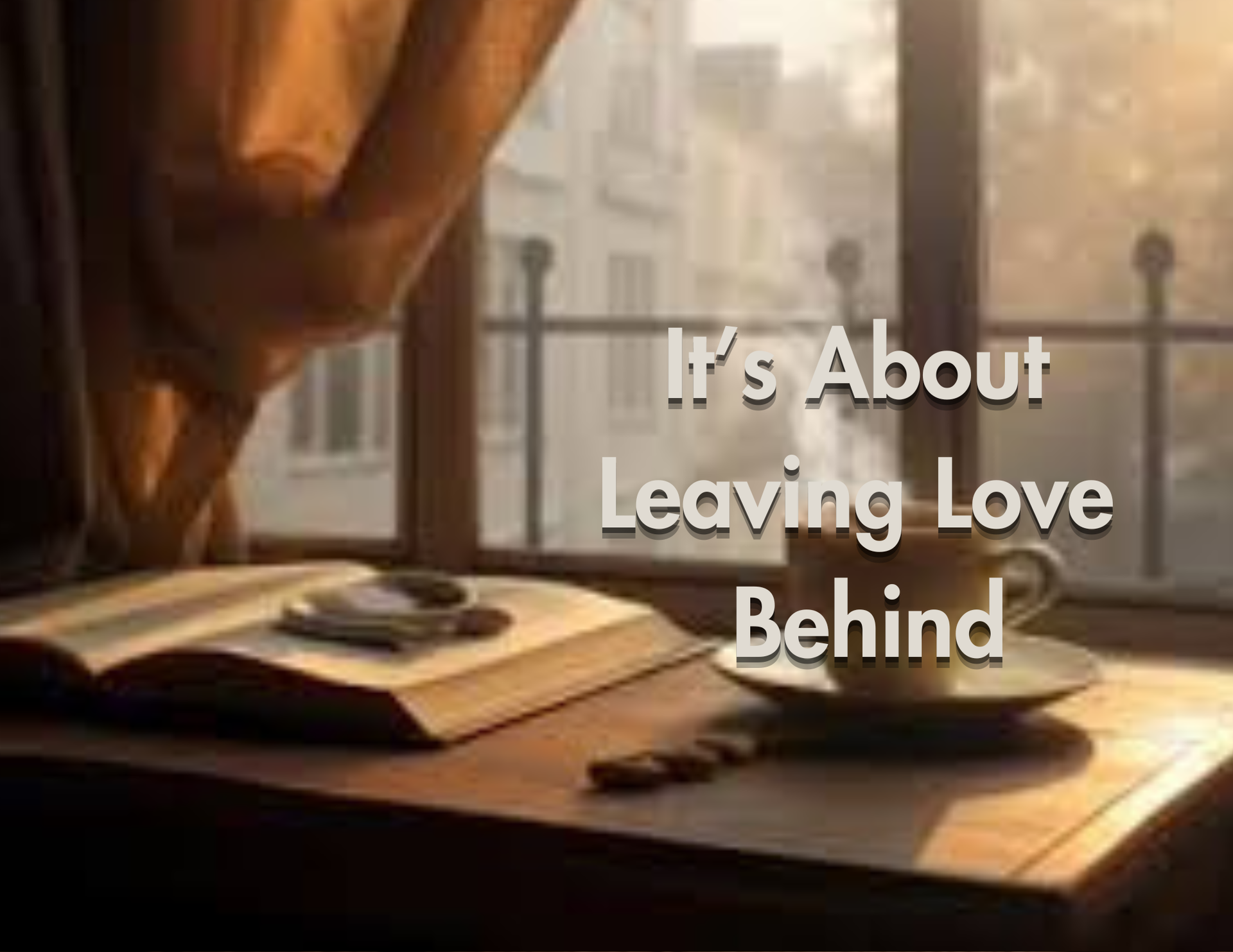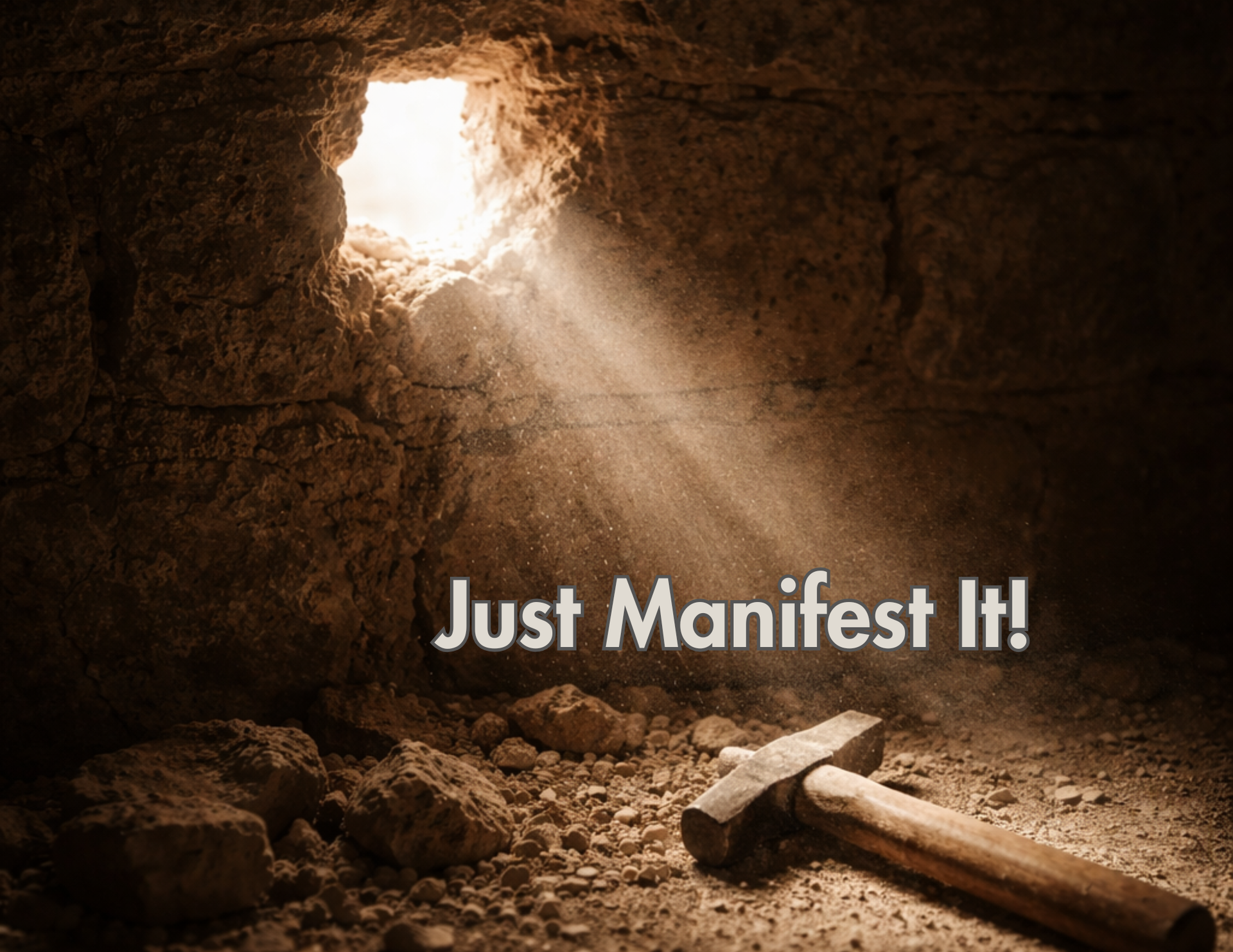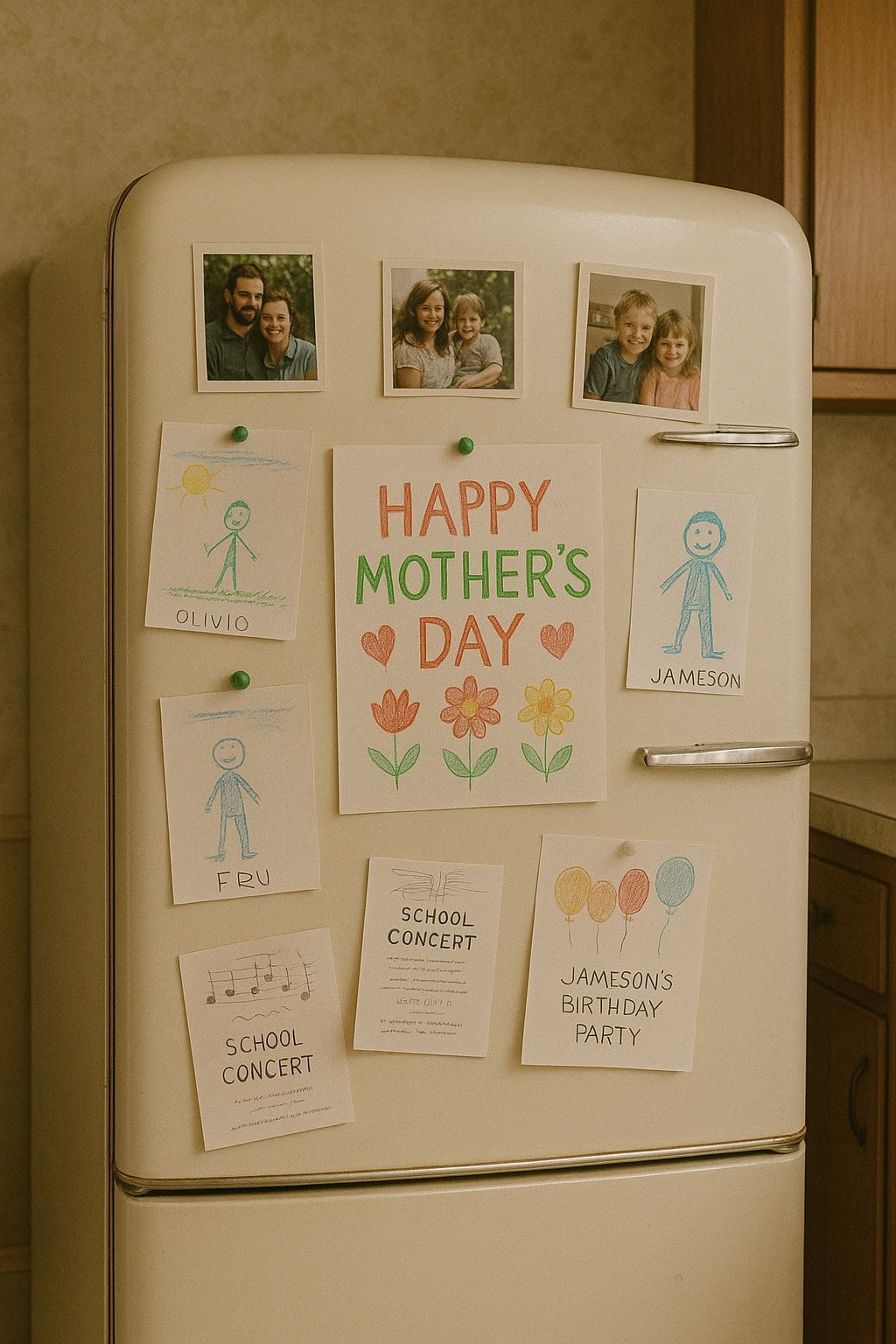If Love Had A Voice
Mother’s Day is tender terrain.
For some, it brings joy—a chance to celebrate the women who raised us, nurtured us, cheered us on. But for many, it’s more complicated. It can carry a quiet ache that sneaks up without warning. A scent. A song. A laugh that sounds too much like hers. Or simply the sharp truth: She’s not here.
Some grieve mothers who were a steady presence. Others mourn the absence of that kind of love. Some carry the weight of children lost far too soon—or children who never came. Some made the brave, invisible decision not to become mothers. Others mother daily, without ever being called “Mom.”
And all of it—every version of love and loss—is sacred.
I was part of a gathering Friday evening at Kingwood Funeral Home, a quiet space for those holding heavy things on this weekend. We cried. We laughed. We remembered. And I was struck again by how love never really leaves. It just changes form. It shows up in the way we fold towels, the way we stir our tea, the way we still talk to the air like someone’s listening.
Grief is just love that’s had to take a different shape. And it has a way of leaking out—through stories, songs, silent rituals no one sees. Two cups of coffee when there’s only one person. A contact still saved in the phone. A casserole made without a recipe, because you know it by heart.
It’s funny how stitched into our lives someone can be—until they’re gone, and suddenly we notice everything. The phrases coming out of our own mouths. The craving for a dish we swore we’d never eat again. The way we hold others, the way we were once held. It’s in the towel folding and the soup stirring. In the way we carry their memory like a photo tucked in our chest pocket.
And not every mother was gentle or safe. For some, “Mom” is a complicated word. Maybe she wasn’t there. Maybe she hurt more than helped. Maybe she couldn’t show up the way you needed. If that’s your story, you belong in this reflection too. Your grief is no less sacred. Your truth, no less valid.
And those who mothered without the title? They are the quiet heroes in the background. The aunts, teachers, neighbors, chosen family. The ones who packed lunches, listened without judgment, and brought snacks when everything felt like too much. Whether they were related by blood or not, they offered a kind of presence that shaped us.
Mother’s Day is loud in the world—brunch specials and pastel greeting cards. But here, in this quiet corner, we make space for the full truth. The complicated stories. The holy ones. This is an Unlikely Altar
A place to lay down grief and pick up memory. A place to let yourself feel what you’ve been holding in. To cry. To laugh. To remember.
We remember the spicy moms, the loud ones, the unembarrassable ones. The ones who gave advice no one asked for, who made casseroles and life plans in the same breath. The ones with purses that could produce a Band-Aid, a pen, and a snack at a moment’s notice. The ones who stirred tea with a butter knife and never got names right, but made everyone feel like family.
We say their names. We tell their stories. Because remembering is how we keep love alive.
So if the tears come today, let them. If a memory makes you laugh out loud, don’t hold it back. If all you can do is sit quietly and breathe, that’s holy, too.
Grief is not a sign of weakness—it’s a sign of great love. And those we love? They are not gone.
You are not alone.
Love stays. And so do they.




